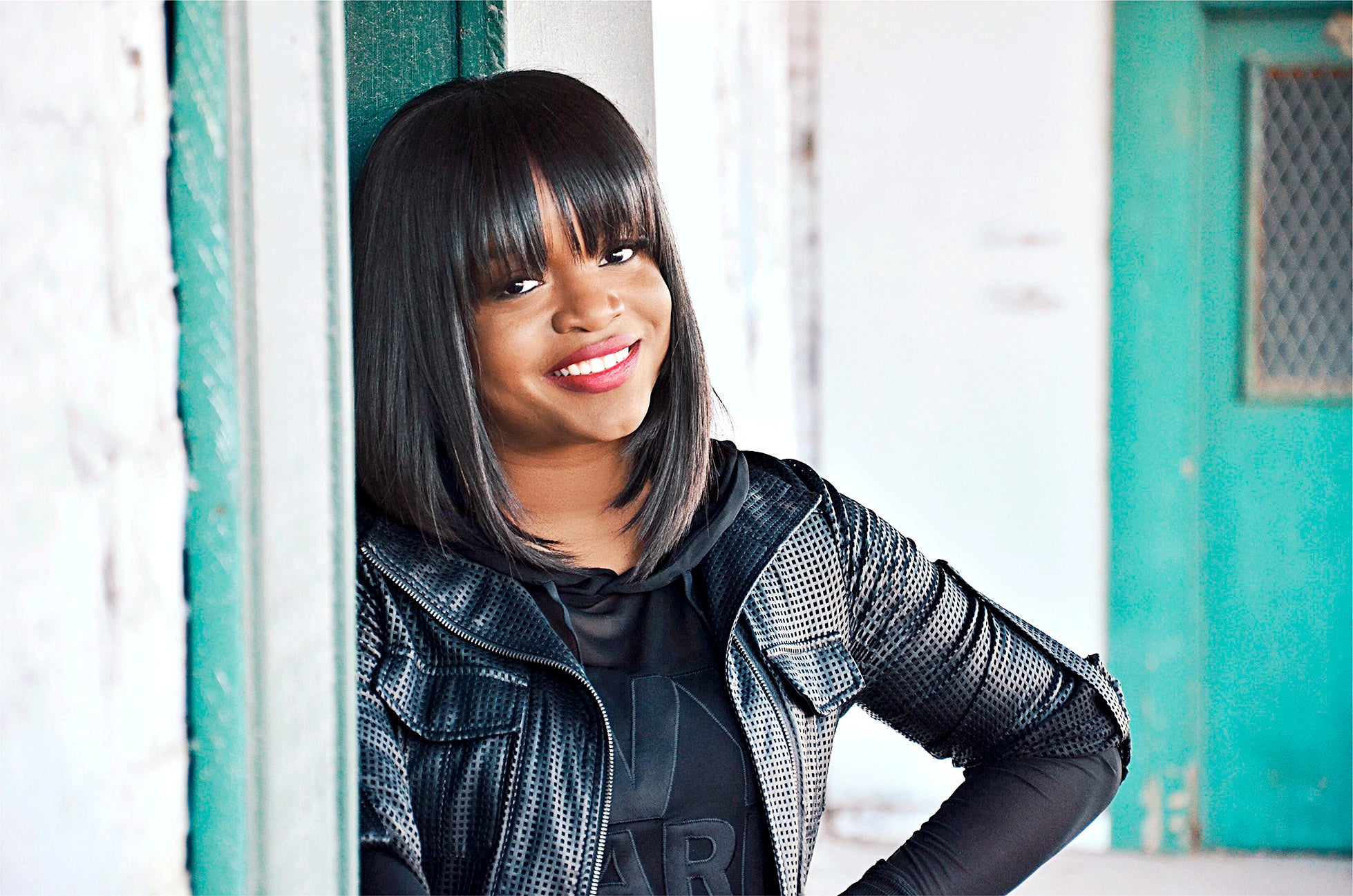
For decades, Black folks have been saying that attempts to improve the education of Black children—that often do not include but instead railroad Black teachers—will be unsuccessful. Not because we wish them to fail, but because no one knows us like us.
We can tell you that an emphasis on skills alone is insufficient. We know from centuries of work in our communities that affirming our children is just as important as preparing them academically. We can tell you that building their consciousness about the world around them is essential to their futures. We can tell you that the trick is not to make Black children more like their White peers, but instead to honor the culture and traditions they bring into the classroom and teach them as educator Marva Collins taught us: “Trust yourself. Think for yourself. Act for yourself. Speak for yourself. Be yourself. Imitation is suicide.”
If we listen, we will hear Black children saying they do not need a traditionally Eurocentric model of education, one that doesn’t respond to their special gifts and continuously leaves them behind. We must act on a shared belief that Black children are brilliant, and should not finish last in reading and math scores as we have seen in many parts of the country.
Just like White children, Black kids move about the world with curiosity and sincerity—exploring boundaries, creating, growing and learning with tender hearts and ample minds. But unlike White kids, our children are rarely allowed to just be children. Many adults render our youngsters dangerous before they’ve even had a chance in life—20 percent of our boys and nearly 13 percent of our girls are placed in out-of-school suspension, more than triple the rate of their White peers.
Subscribe to our daily newsletter for the latest in hair, beauty, style and celebrity news.
They lack the role models they deserve: loving Black educators who stand with their colleagues to show them what’s possible. Instead, 80 percent of all public school principals are White, and only 7 percent of teachers are Black.
But even with all that their indomitable spirits endure, our youth love us anyhow. They loved us enough to stand on the front lines in Ferguson, Missouri, and Baltimore to help save American democracy. They reminded the world of our collective responsibility to push out hate with love, and conferred dignity upon us through the act of protest. They are why the women marched and the Congress sat-in for gun control. They revived our spirits of resilience and resistance.
Even when we fail them, Black students give us their art, pushing boundaries of convention and expanding our universe through their genius. Even when our failures should have destroyed them, our young Black women have grown to be among the nation’s most educated. Despite mass incarceration functioning as the New Jim Crow, there are at least 50 percent more of our men in postsecondary schooling than there are in prison. They are entrepreneurs, scientists, designers, influencers and teachers.
As Black leaders in education, we were once them, young Black people who deserved the best. And we are here to demand and create the very best for the children who look like us.
We are women like Aimée Eubanks Davis, who started Braven to help you get through college. We are women like Susan Asiyanbi, who shifted learning for Teach For America’s half a million students to be more culturally responsive, and joined me in partnering with others to ensure 50 percent of our teachers are people of color. We are Marie Dandie, who cofounded pilotED to help develop kids’ Black identity as well as their academic skills. We are Lindsay Hill, who is changing education philanthropy to include our ideas at the outset.
I stand with them, as I work to create a civil rights and equity agenda in education that’s influenced by students, their parents and our community. We value a path forward that recognizes diversity as good, equality and inclusion as better and liberation as best. We require educators not just to teach Black children but also to affirm them.
We stand on the shoulders of giants who knew how to love and teach us when the rest of the world wanted to dismiss us. We will, as Dr. Frances Cress Welsing said, “not rest until Black children are taught to love themselves, as themselves.”
– Brittany Packnett
This feature originally appeared in the April 2017 Issue of ESSENCE Magazine.





